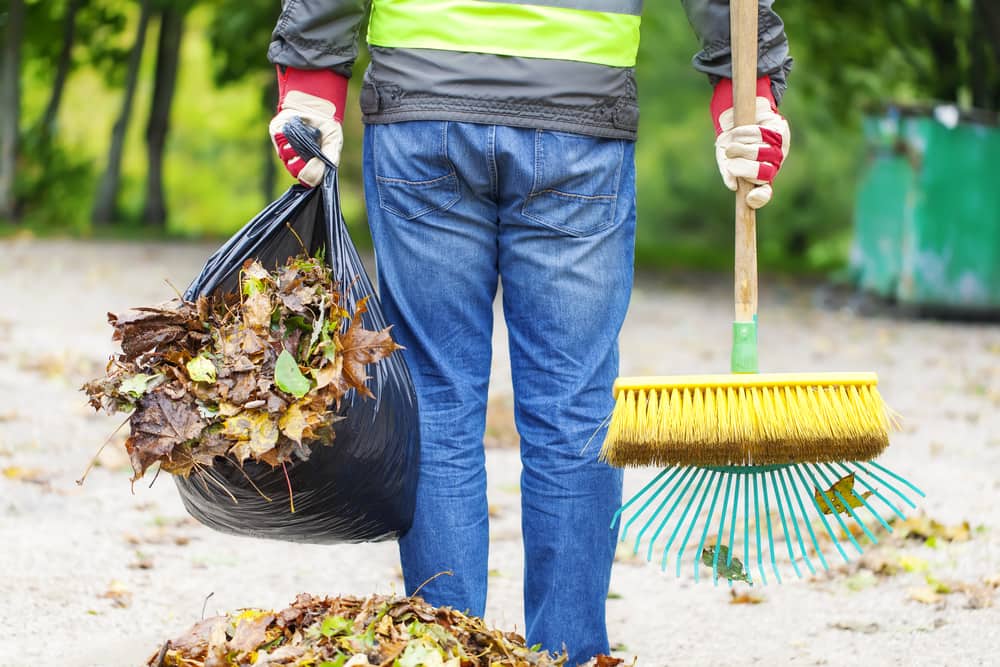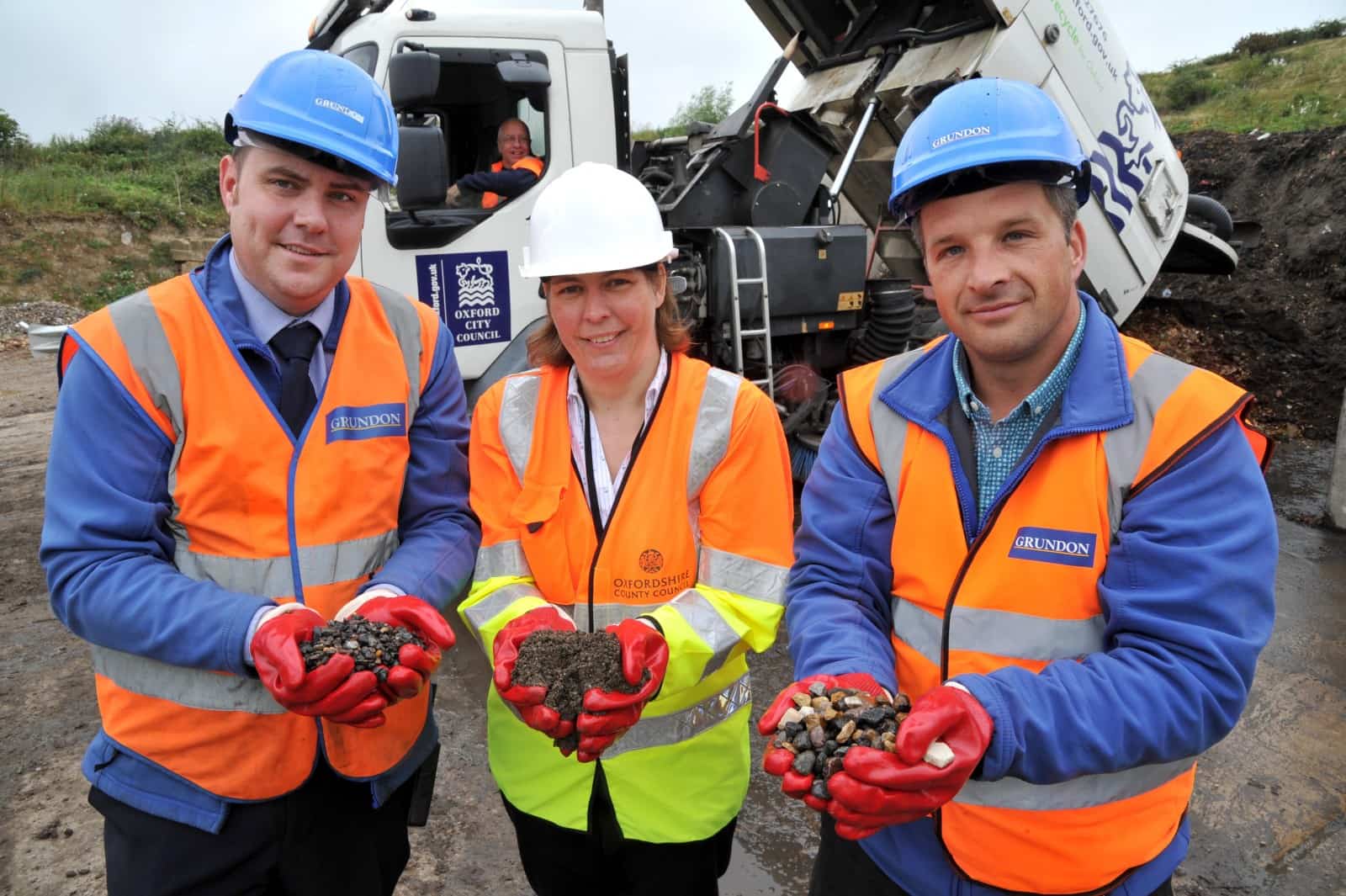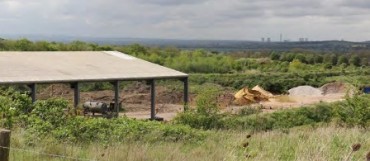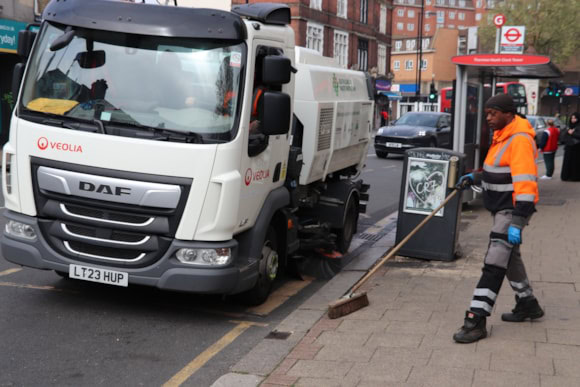Andrew Bird, chair of the Local Authority Recycling Advisory Committee (LARAC), argued that the Agency should re-issue its guidance, after it was suggested that uncertainty over whether leaf sweepings can be classed as ‘recycled’ rather than residual waste could skew recycling data due to be published later this year.

The Environment Agency reiterated its position to letsrecycle.com yesterday (August 4) that street leaf sweepings cannot be composted and recorded as ‘recycled’ alongside other household waste data.
But, it adds that permits for producing compost-like outputs may be issued on a ‘case by case’ basis for recovery purposes.
The clarification comes after Oxfordshire county council announced that around 5,000 tonnes of road sweepings – comprising leaves, grit, sand and metals – collected from across the five districts in the county are being recycled at Grundon Waste Management’s £1.3 million sweepings plant in Ewelme.
The facility, which opened earlier this year, also processes municipal street sweepings from Gloucester county council and Mid Bedfordshire (see letsrecycle.com story).
And, letsrecycle.com has learned that several local authorities are also in talks with WasteDataFlow to record CLO from street leaf sweepings as ‘reuse’ as opposed to residual waste.
Contaminants
The Environment Agency decided to regulate against the composting of street leaf sweepings over contaminants found while analysing the material against samples of source-segregated green waste.
It found the roadside material included high level of contaminants such as nickel, copper and zinc and polycyclic aromatic hydrocarbons (PAHs) which can pose a risk to human health.
The reclassification hit Oxfordshire and a number of rural authorities particularly hard, with some blaming the Environment Agency for England’s stalling recycling rate (see letsrecycle.com story).
However, Oxfordshire county council claims that Grundon has devised a method of separation that means all materials within road sweepings can be processed and recycled at its new plant.
The facility, which the council suggests is ‘one of the most technically advanced in the UK’, screens the larger aggregate materials such as gravel while the remainder is placed in a ‘Hydro cyclone’ that washes and separates out leaves and litter from sand and grit. Each is then stored in different bunkers.

Both the sand and the larger size aggregates qualify for ‘end of waste’ status, allowing them to be sold to the building trade, and sand and gravel businesses.
Recycling boost
The system is expected to boost Oxfordshire county council’s overall recycling rate by ‘nearly 2%’ and could prove decisive as to whether South Oxfordshire district council maintains its position as the top recycling authority in England in 2014/15.
Rebecca Harwood, service delivery manager at Oxfordshire county council’s waste management group, said: “After the legislation changed, we had to send some road sweeper waste to landfill, while the remainder went to an alternative facility outside the county.”
She added: “We see it as a win-win situation, using the facility is half the cost of sending waste to landfill and we’re also cutting down on transport costs and carbon emissions. Above all though, it’s the fact that Grundon is able to recycle and recover all elements of the sweepings that makes the biggest difference. We anticipate this will help us boost our recycling performance rates by nearly 2%, which is a great result.”
However, a spokesman for Grundon told letsrecycle.com that leaves separated from the sweepings are not presently recycled at the Ewelme plant, and are instead stored for ‘future disposal’.
He said: “The organic content is relatively small. We are, of course, very mindful of the EA’s ban on composting street leaf sweepings and continually liaise with them about the best available treatment options for this material. We are currently exploring a number of treatment solutions in order to deal with the organic waste in the most sustainable and cost effective way possible.”
Discrepancies
The possibility that some councils could be recording their street leaf sweepings as recycling could mean discrepancies in recycling data.
Commenting on the Agency rules, Mr Bird said: “They could be clearer; the EA ought to be issuing their guidance again. If it’s going through a process where you can prove it isn’t contaminated I’m assuming that’s an area where the council can say that material can now be technically recycled, but I still don’t think we can use the figures as part of recycling calculations.

“It shouldn’t be counted as household waste in the first place. It distorts the figures in the other way because it looks like councils are collecting more residual waste than they actually are.”
An Environment Agency spokesman added: “We haven’t been contacted by any local authority to confirm they’ve met criteria to start composting again. Leaf litter collected from parks is great for composting, but tests have shown that leaves swept up from the gutter aren’t suitable for composting because they can be contaminated.
“We do remain open to reviewing our position in the future if there is clear evidence that new technologies and approaches have been developed to collect leaf litter of a consistently high quality.”









Subscribe for free